Introduction
For most nations, this year has been a rollercoaster ride full of domestic and international challenges. Covid-19’s worldwide distribution has informed American citizens that the U.S. is not resistant, and every day it’s been in the phase of damage limitation. This presidency, the measurement of U.S. foreign policy and the status of America worldwide, has shifted. After the spread of the epidemic, primary foreign policy measures were made, be it with China or partnerships to fight Chinese hostility.
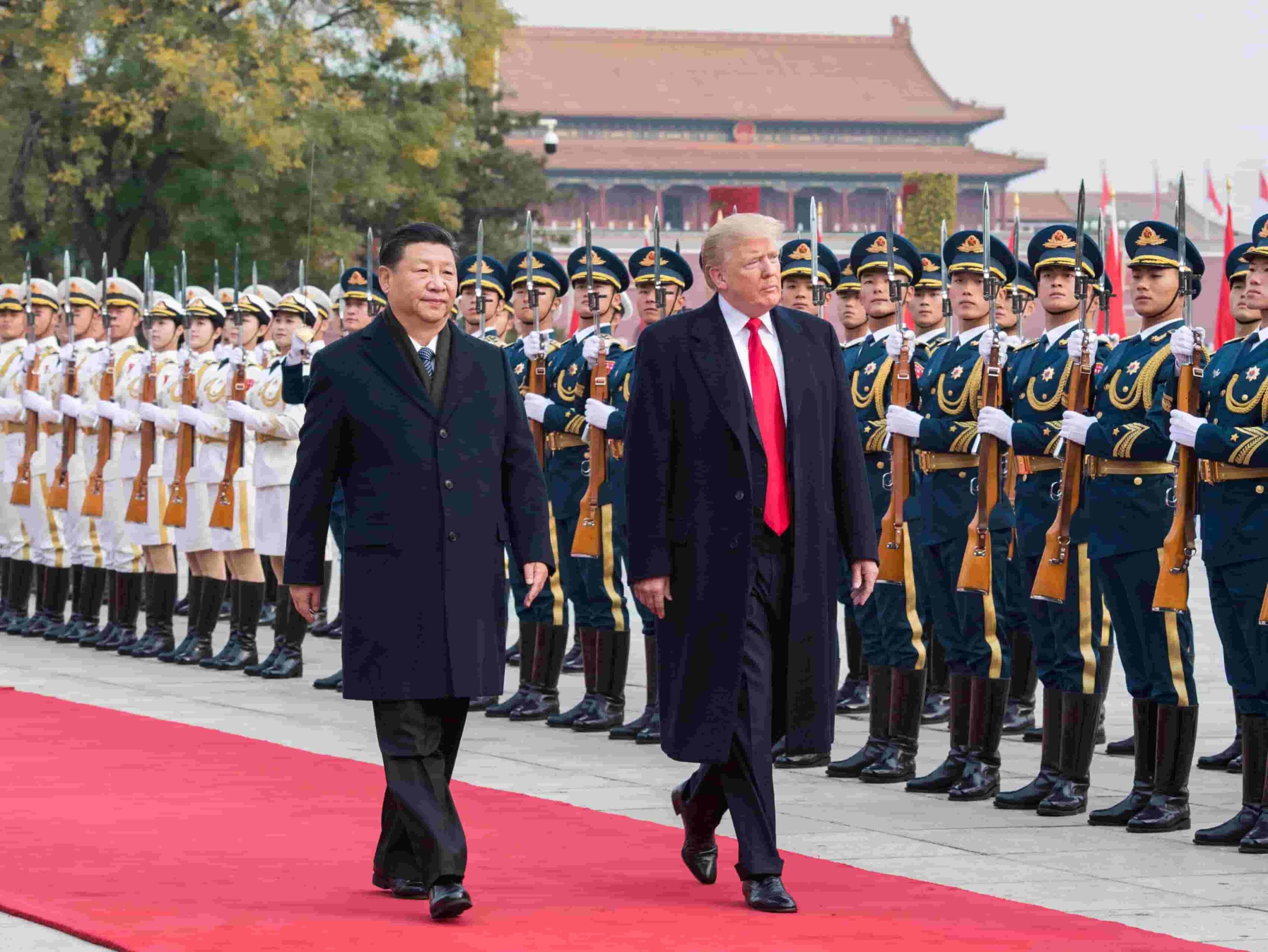
source: time.com
Rather than just calling for a break from foreign involvement, the latest Chicago Council on Global Affairs report states that Americans remain supportive of an active U.S. status in the industry, with a substantial majority endorsing U.S. defense partnerships and free trade as the preferred ways to maintain stability and prosperity.
Overall, 68% of Americans suggest we ought to play an active role in international relations. It is quite surprising because we assumed most would mean we have to concentrate on the issues that occur within the world, but it has not been the scenario.
World’s unfavorableness for china
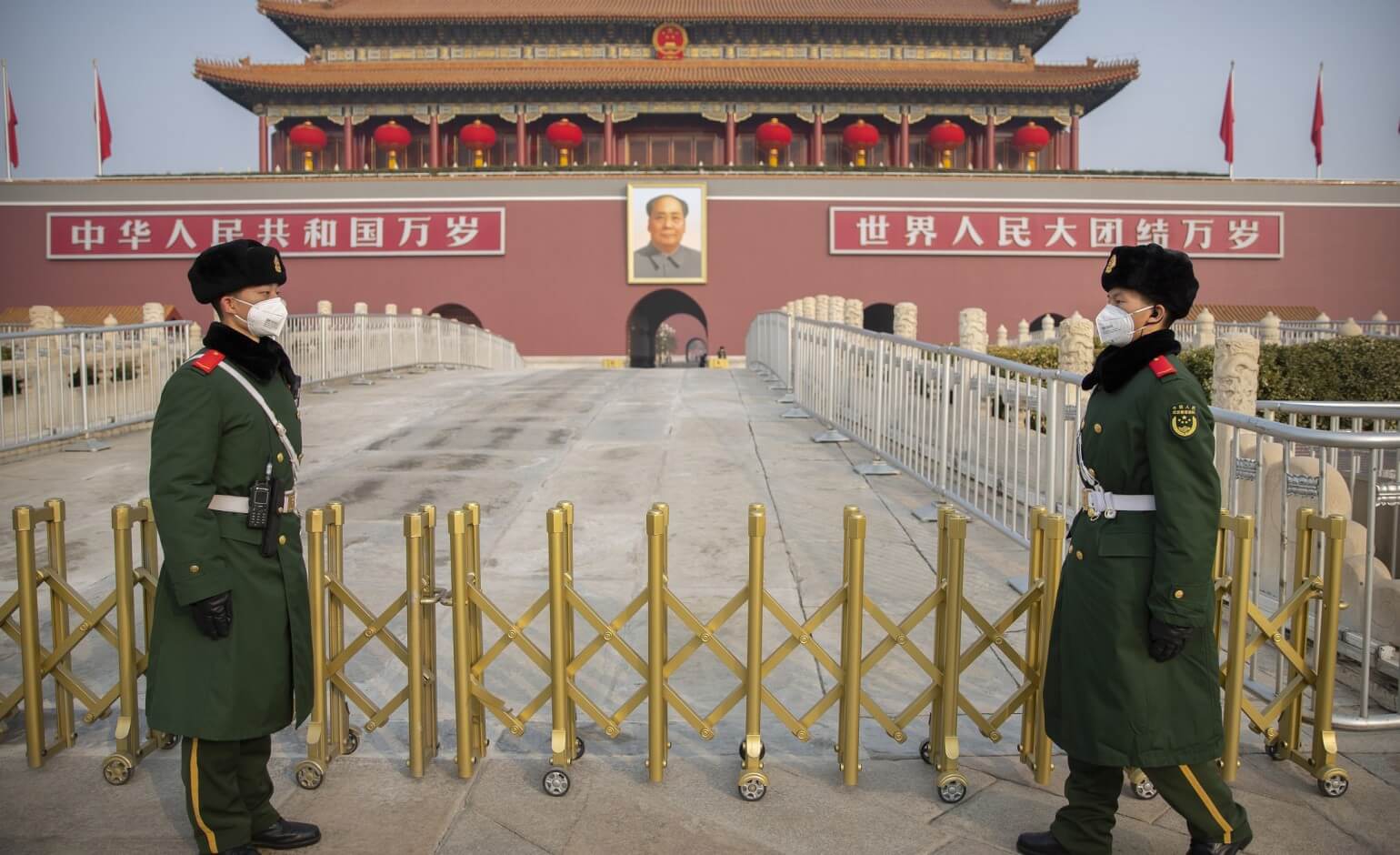
source: washingtonexaminer.com
China and China’s challenges from the point of view of national security are too tricky, but the American public has been very reluctant to keep up in the past. They have wrapped up this year. There is an unfavorable view of China from both Democrats and Republicans. This year’s most unfavorable country, with just 32 out of 100. They both claim that China is a rival, but most Democrats agree that the growth of China’s influence should not be limited. Just 36% of Democrats say that, while 64% of Republicans say the U.S. should work to restrict the growth of China’s strength.
A change in that path was the drive to create alternate distribution networks for China and prioritize global trade. As China continues to be an essential component in the worldwide market, it is yet to see how it will affect the world economy.
China’s war with the U.S.A.
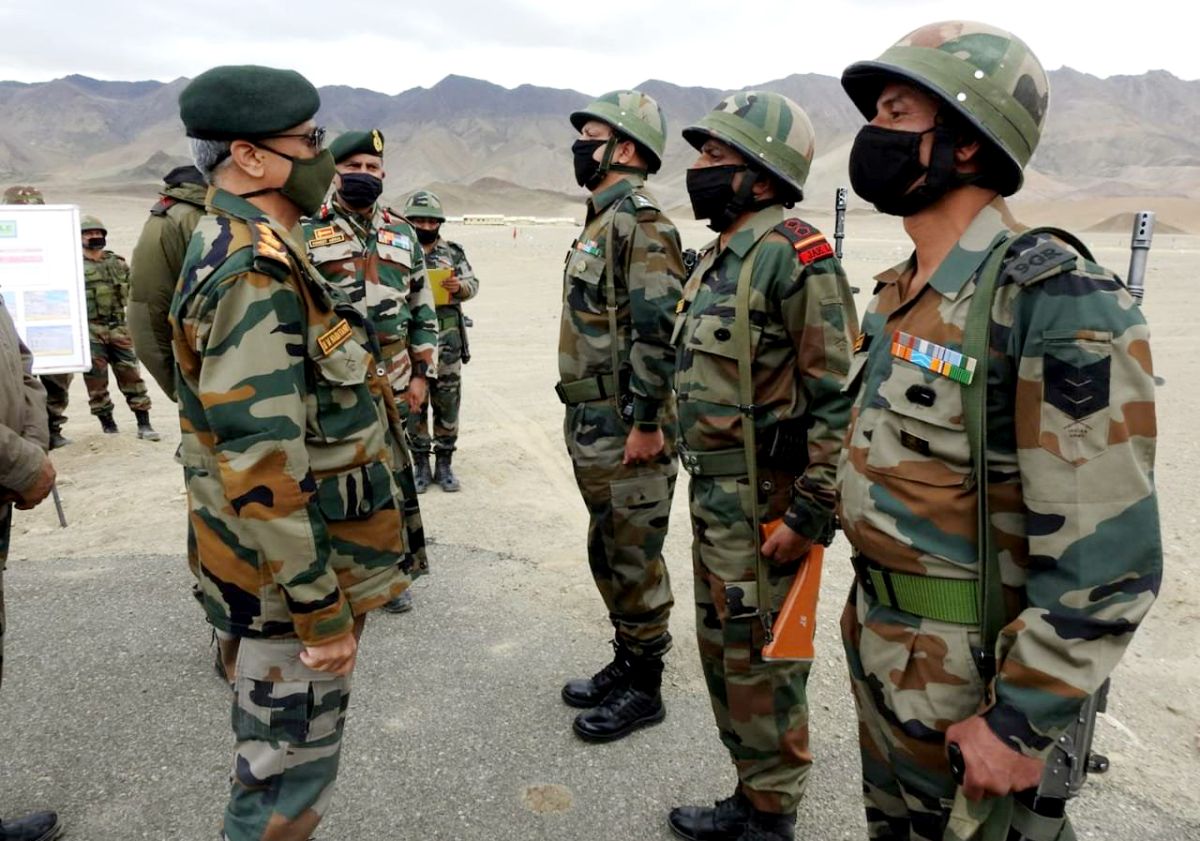
source: rediff.com
For a while, China has been questioning the U.S. It started with the trade war that boiled over on several topics in the spring of 2018, such as the mass detainment of Muslim Uighurs in Xinjiang and the crackdown on demonstrations in Hong Kong that contributed to Congressional penalties on Chinese authorities. The coronavirus outbreak that led to the U.S. joining Beijing’s territorial conflicts more violently, something which the Communist Party of China did not do so well.
Support from other countries to teach china
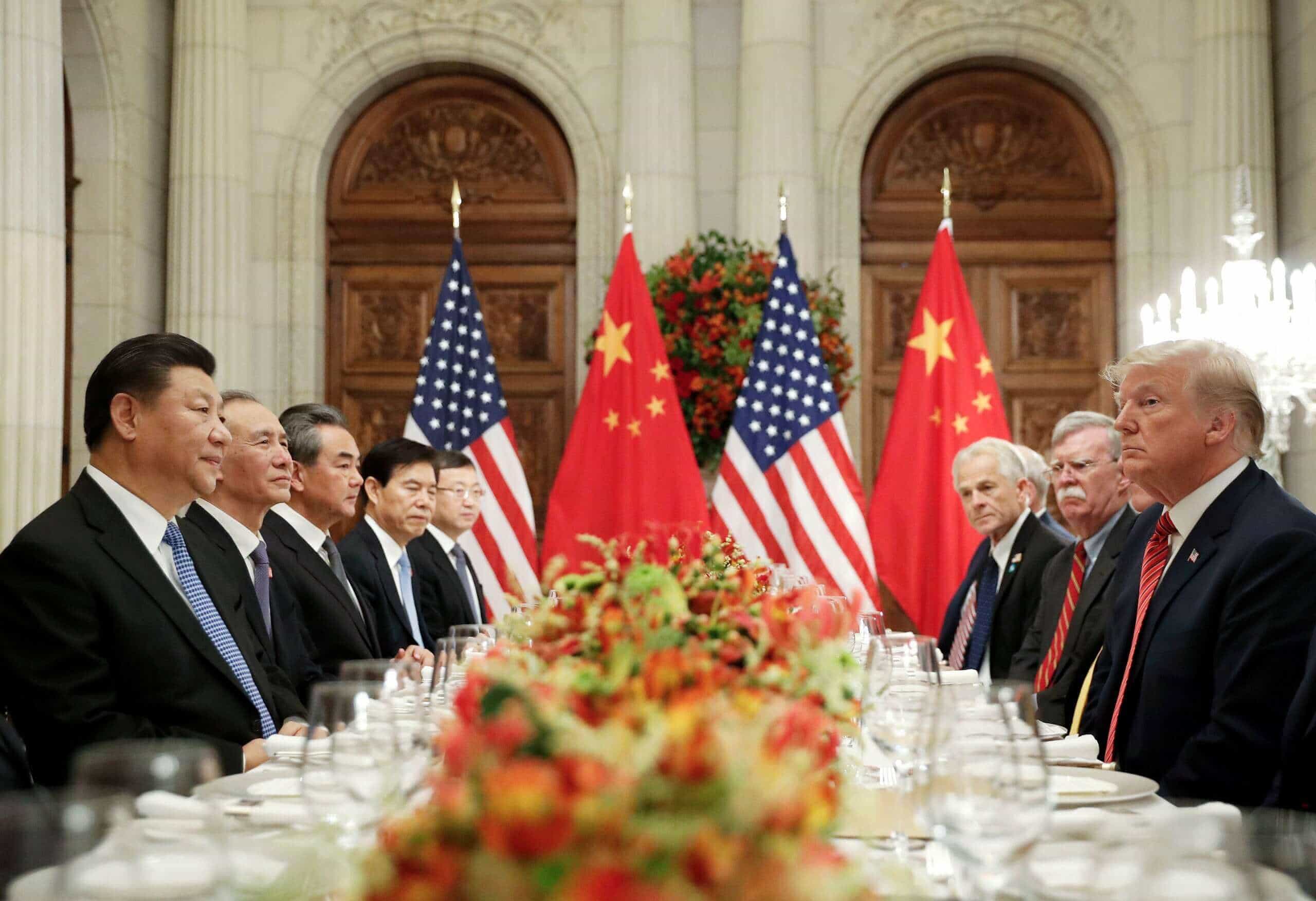
source: newyorker.com
By making alliances in the Indo-Pacific region, the U.S. has questioned China. The QUAD strategic partnership, the Quadrilateral Defense Dialogue, has finalized Australia’s recent entrance into the Malabar naval exercises.
India, Japan, Australia, and the United States have come together to protect the waters of the Indo-Pacific, which has been a hurdle for Beijing to develop its control over the region. The United States and India are working to improve coordination against specific sorts of challenges. They are not just facing the challenges faced by the Communist Party of China but all the challenges.
China’s dominance over Taiwan
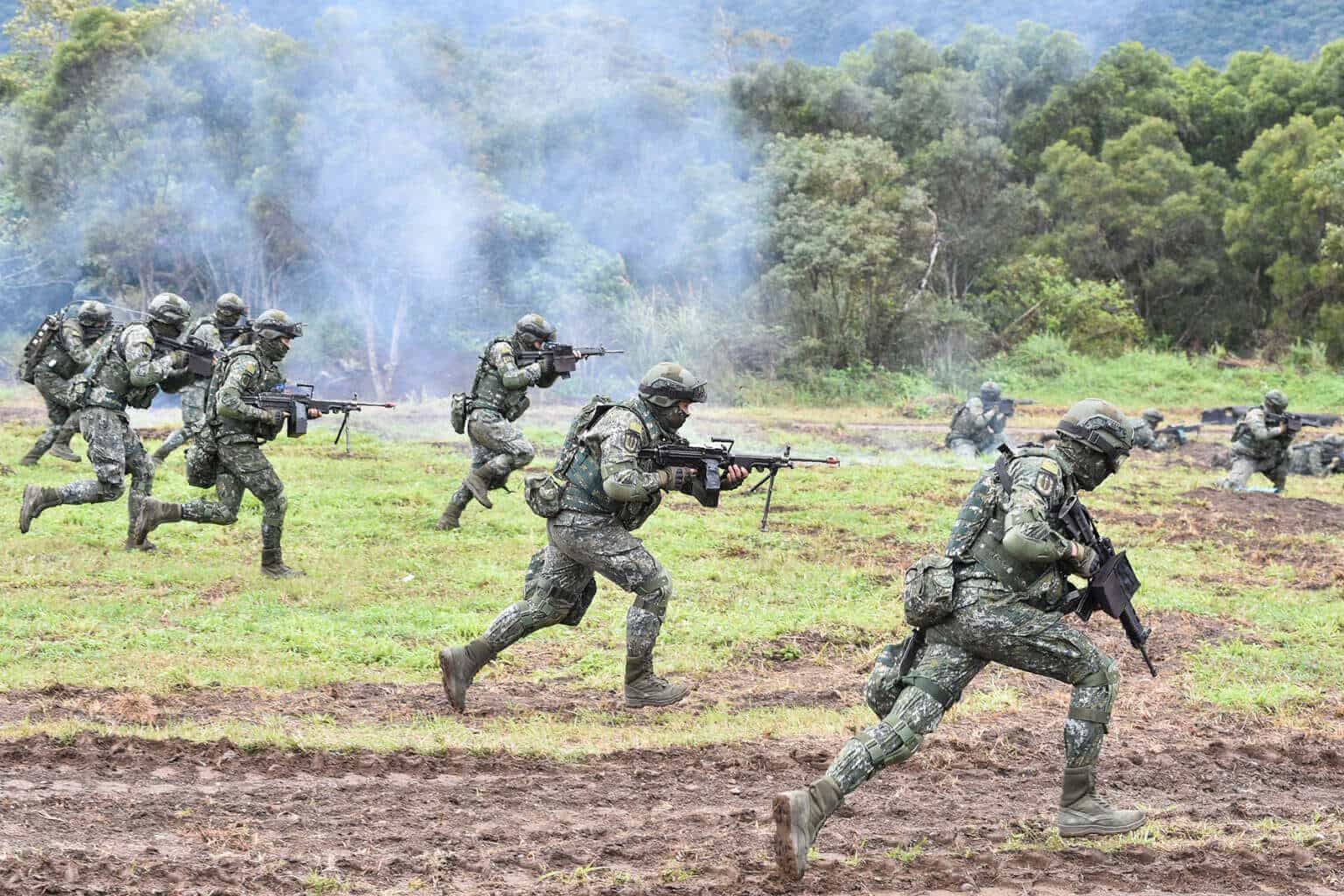
source: foreignpolicy.com
America’s aggressive strategies to identify and ensure that Taiwan provides all the military assistance to fend off any challenge from China. U.S. warships have recently been transferred to the South China Sea waters to ensure precise warning has been given to China that it is challenging to bully the countries across the South, East China Sea, and Taiwan Strait.
The U.S. position on Taiwan and Tibet has taken Beijing to no end. But as President Trump seeks re-election, ties with China have become a challenge on the public stage. Democrats condemn Trump’s relationship management, but they mainly accept that the U.S. should, although in separate ways, follow a stricter approach to China.




